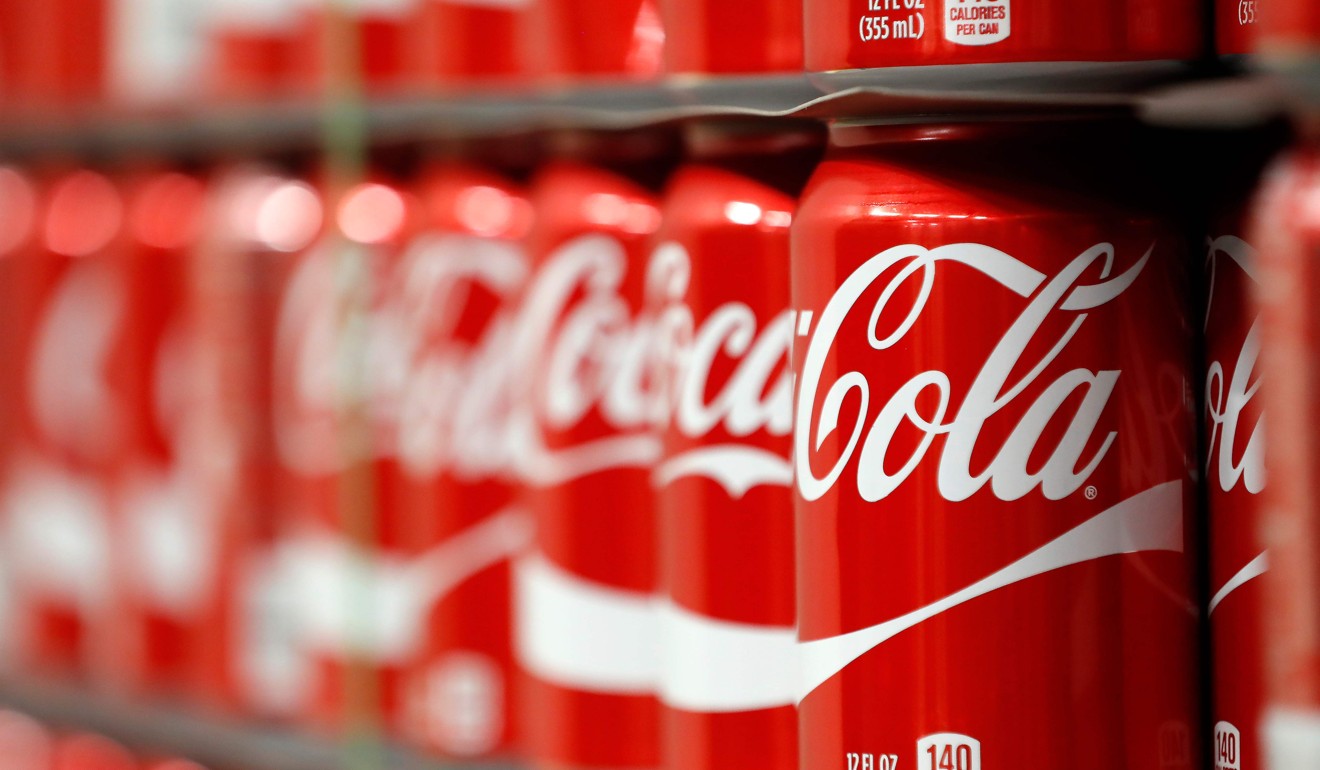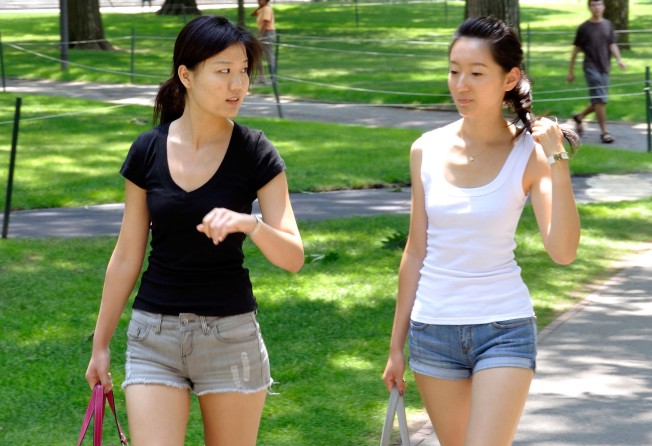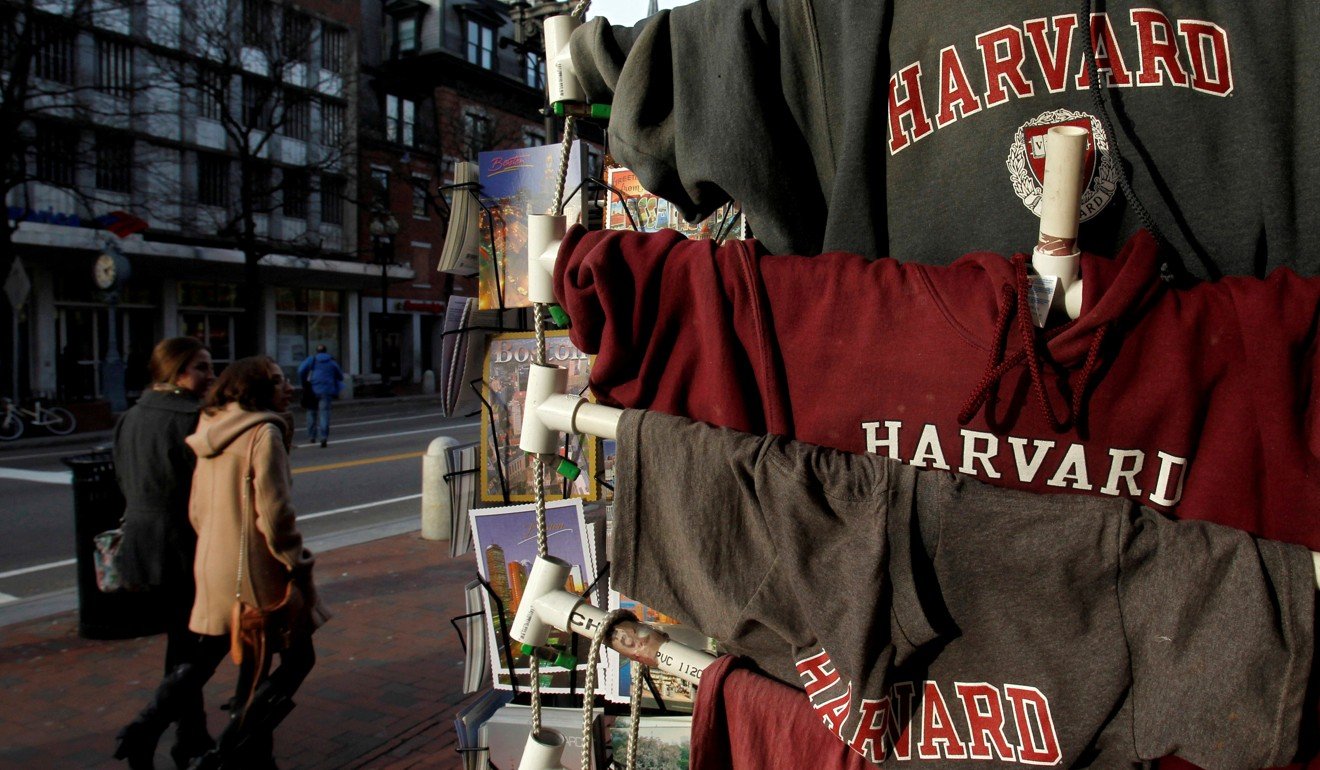
Harvard’s admission secrets for Asian-Americans like shielding ‘recipe for Coke’
Harvard says disclosure about its admissions practices would violate student privacy rights and amount to publishing confidential trade secrets on the inner workings of its admissions process

Harvard University’s admissions secrets appear to be secure, for now.
The judge in a lawsuit challenging Harvard’s use of race when choosing a freshman class on Tuesday laid out a process for shielding information within court records about the inner workings of the university’s admission shop.
Drawing a comparison to the safekeeping of soft drink secrets, US District Judge Allison Burroughs told lawyers in the case: “You don’t need to put the recipe for Coke into the motion. But you can allude to the fact that there is a recipe for Coke.”
The court session here was a prelude to the main arguments over whether Harvard’s admission practices discriminate against high-achieving Asian-Americans who seek to attend the oldest college in the country.
The case is the latest legal battle in the nation’s long-running debate over affirmative action in higher education.
The plaintiffs, a group called Students for Fair Admissions, charge that qualified students are getting unjustly turned away because of their race.

They have obtained tens of thousands of pages of documents and other internal information through pretrial discovery in their effort to show the university’s policies violate the civil rights of Asian-Americans.
Harvard denies the allegation, saying that race is one factor among many in its holistic review of applications and that the university has a forcing educational interest in assembling a diverse student body.
The case is heading toward a trial to start in mid-October. But before that, the plaintiffs plan to seek summary judgment.
They want to include as much relevant information as possible about Harvard’s admission process when they file that motion.

At issue was how much of that information would remain confidential under court seal.
The Justice Department, which is conducting its own investigation of Harvard’s use of race in admissions, last week urged the court to support disclosure, writing that “applicants to Harvard, their families, and the general public have a presumptively paramount right to access the summary judgment record in this civil rights case.”
Burroughs said that the two sides should work together on redactions for documents that would be publicly released and that she would referee disputes.
She told the plaintiffs’ lawyer, William Consovoy, that he could show an unredacted draft of the motion to his client, anti-affirmative action activist Edward Blum.
“I think that’s reasonable,” she said. But Blum would be prohibited from leaking confidential information.
The judge indicated she didn’t want the public version too laden with blackouts. The redactions, she said, should not be “so many that the document is incomprehensible to those who want to read it.”
Consovoy told the judge some of what Harvard calls confidential is already public.
As an example, he showed her a document related to admissions that he said was found in a university library.
A lawyer for Harvard, William Lee, said that document was old and differed from a 2015 record at issue in the case.
The legal manoeuvres are closely watched because Harvard admissions is famously competitive. Legions of students, consultants and parents around the world yearn to know more about how to get in.
The case also could have broader implications for college admissions nationwide.
A little more than 39,500 students applied for the freshman class that entered Harvard in 2017. Of those, 2,037 were admitted.
Half were from racial or ethnic minority groups, Harvard said: 14.6 per cent African American, 22.2 per cent Asian-American, 11.6 per cent Hispanic or Latino, and 2.5 per cent Native American or Pacific Islander.
Census data indicate about 6 per cent of Americans are of Asian ancestry.
Lee expressed satisfaction with Tuesday’s outcome.
“We’re very happy that there’s going to be a prompt trial,” he said. A partner in the law firm WilmerHale, Lee is also on the faculty of Harvard Law School and is senior fellow of the Harvard Corporation, one of the university’s governing bodies.
Additional reporting by Reuters and Bloomberg